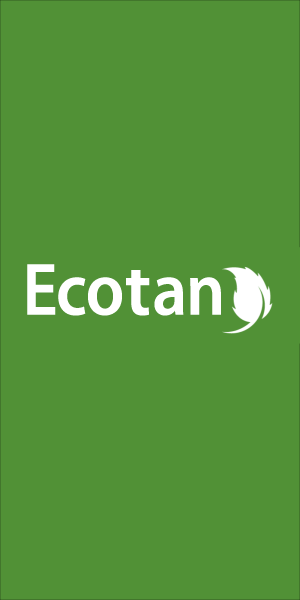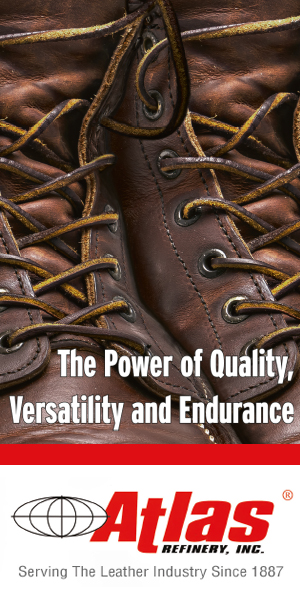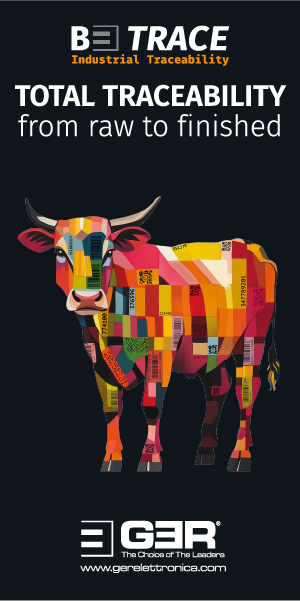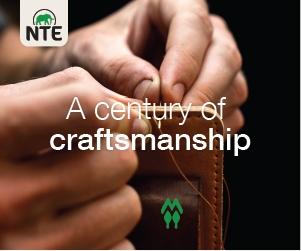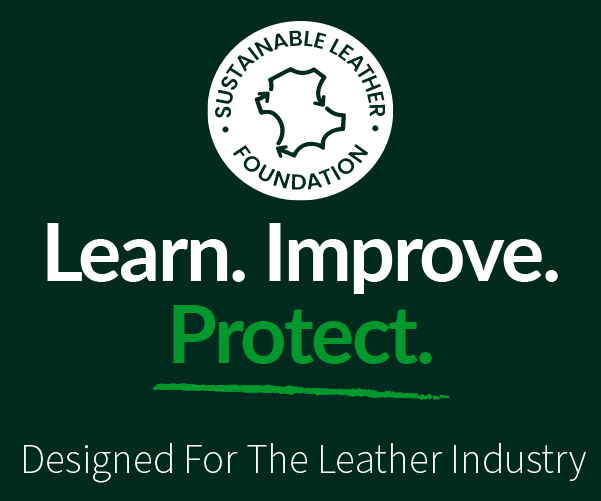Higg’s leather turnaround

Data provided by the Leather Working Group, Leather Naturally and Spin360 has resulted in a significant revision of figures for leather on the Materials Sustainability Index.
Acombined data submission by consultancy Spin360, multi-stakeholder initiative The Leather Working Group (LWG) and promotion body Leather Naturally has been adopted as a new average for bovine leather by the Higg Materials Sustainability Index (MSI). MSI is a tool that the Sustainable Apparel Coalition (now called Cascale) launched in 2012 and is used by fashion companies to make decisions on materials sourcing, encompassing more than 40,000 brands and manufacturers. The new dataset, included in the October 2024 update of the MSI, resulted in the environmental impacts of bovine leather being between 55% and 67% lower than the previous MSI value. The global warming potential, which previously showed an impact of 36.8 points on the scale, has been reduced by 60% to 14.6 points.
“We are proud to see our combined LCA data integrated into the Higg MSI update,” says Christina Trautmann, director of sustainability at LWG. “This milestone underscores the significant advancements in sustainable leather production and reaffirms our dedication to responsible industry practices.”
This “significant shift” will promote a more nuanced understanding of bovine leather as a sustainable material choice, said the organisations, after many years of campaigning by the leather industry for the Higg to alter its values. The argument was that the index could put natural materials at a disadvantage, not least because it covered cradle to gate (ie not taking into account a material’s impact after the manufacturing stage); leather’s durability being one of its key advantages in terms of producing long-lasting products.
In 2020, leather industry bodies, including the International Council of Tanners, the Leather and Hide Council of America and COTANCE, requested that Cascale suspend leather’s MSI score due to “inappropriate methodologies” and “out-of-date, unrepresentative, inaccurate and incomplete data” that had led to leather being burdened with a disproportionately high score. “This has led to a negative perception of leather that does not reflect its sustainable, circular nature,” Dr Kerry Senior, then secretary of the International Council of Tanners, said at the time. “On the basis of current Higg score, manufacturers are deselecting leather in favour of fossil fuel-derived, unsustainable synthetic products.” Cascale did not suspend the score, but opened consultations.
These views persisted. Kerry Brozyna, president of the Leather and Hide Council of America, suggested in September that the figures had also unfairly affected consumer attitudes towards leather. Despite a substantial fall in hide prices over recent years, low consumer demand for leather means there has been no turnaround in the industry’s fortunes. “There are many factors that affect this,” Mr Brozyna said, “but the Higg definitely contributed.”
Global value
In 2023, Cascale asked consultancy KPMG to review the Higg Index suite of tools. The review identified the need to integrate the Higg MSI with the Higg Product Module (PM) and improve the quality of data. The experts also suggested implementing warnings to avoid inappropriate comparisons and provide better documentation for the scope definition of the LCA. To address the issues, SAC began to work with various stakeholders.
For the leather industry, the turning point was a body of work submitted by Spin360 that included data from 45 manufacturing facilities across 18 countries and evaluated 92 leather products, aiming to provide a global representation of bovine leather. It also encompassed information from the footwear, automotive, leathergoods and upholstery sectors. From this, the values were revised, with reductions across every Higg MSI category – global warming potential, eutrophication, water scarcity, abiotic depletion and chemistry – ranging from 55% to 67%.
“While anyone can submit a new dataset to the Higg MSI that is attributable to their company, our aim was to update the global default value for leather,” Debbie Burton, director of communications at Leather Working Group, tells World Leather. “Ultimately, the size of the dataset at 92 specific leather articles, as well as the geographical and technical represent-ativeness of the dataset, were the main attributes of this work for the sector and for Cascale, providing more accurate data for a global average. Spin360 used a bottom-up approach in which all the different process steps in the production of the 92 finished leather articles were analysed in detail through the Leather Naturally and LWG projects as part of a combined dataset.”
Better representation
The revision is hoped to more fairly inform sourcing decisions, particularly for natural materials. In its autumn 2024 update, Higg also revised its figures for cotton, after working with 13 cotton associations. “While the Higg index clearly advises users not to compare different materials (for example, leather versus cotton) and instead encourages comparisons within the same material category (eg, chrome-tanned versus glutaraldehyde-tanned leather), the practice of cross-material comparison remains,” says Leather Naturally. “Consequently, it was crucial to provide design and sourcing teams with the most reliable and comprehensive data available. Although there is still room for improvement, this dataset offers a clearer and more accurate picture than ever before.”
Federico Brugnoli, CEO of Spin360, added, “Like other LCA databases, the Higg database serves as a resource for companies that lack primary data from their suppliers. While relying on secondary data is certainly not ideal for brands aiming to accurately assess the impact of their products, it remains a common practice due to the limited availability of primary LCA data. In this context, achieving a 'better representation' of leather's impact has been – and continues to be – crucial, to ensure the scientific reliability of the figures within these datasets."
Users of the index can now select impacts according to which tanneries they source from, in some cases. These tanneries include ISA TanTec, PrimeAsia, Sadesa, Tong Hong and Youngil Leather.
Among those celebrating the revision was Chiara Mastrotto, CEO of Italian leather manufacturing group Gruppo Mastrotto (see Leather Leaders). She said the three leather industry organisations deserved congratulations for their “excellent and data-driven work and analysis” and that the development marked “a crucial step in the fight against global warming”. “It is encouraging to see the leather industry taking strides toward a more sustainable future, promoting responsible sourcing and production practices that protect people and the planet,” she added.
“This is a significant step forward,” Mr Brugnoli concluded, “as an important player has recognised that LCA primary data, obtained with verified methodologies, can have a positive global impact for the leather industry.”
The Air Jordan Mid Subway is made with water-resistant leathers for durability. Designers and sourcing professionals will be able to make more informed decisions about leather when using the Higg suite of tools. Credit: Nike








